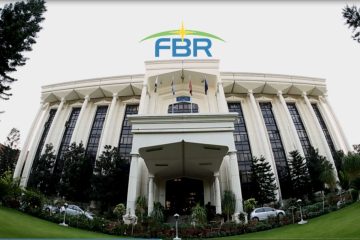In a significant move to bolster tax compliance, Finance Act of 2024 has granted Inland Revenue (IR) officers enhanced authority to recover unpaid or underpaid taxes. This legislative update aims to tighten loopholes and improve tax collection efficiency.
Key Changes and Implications:
- Empowering IR Officers: The new section 11E within the Sales Tax Act of 1990 empowers IR Assistant Commissioners and above to take decisive action in various tax-related scenarios. These include:
- Identifying instances where tax was not levied due to potential collusion or evasion.
- Investigating suspected underpayment or non-payment of sales tax based on audits or other inquiries.
- Addressing ineligible claims for input tax credits or refunds.
- Recovering tax refunds obtained unlawfully.
- Show-Cause Notices and Determinations: IR officers can issue show-cause notices to taxpayers suspected of discrepancies. If a satisfactory explanation is not provided, the officer has the authority to:
- Determine the amount of unpaid tax, inadmissible input tax claims, or unlawful refunds.
- Impose penalties and default surcharges as per the Sales Tax Act.
- Combating Input Tax Credit Misuse: IR officers can now disallow input tax claims if the taxpayer fails to provide adequate justification, such as invoices or receipts. This aims to prevent fraudulent claims and ensure only legitimate transactions qualify for tax credits.
- Fair Tax Recovery: In cases where tax wasn’t levied initially, the recoverable amount will be calculated as a tax fraction of the supplied value. This ensures a proportional approach to tax recovery based on the goods or services involved.
Broader Goals of the Reform:
The expanded authority of IR officers reflects the Pakistani government’s commitment to strengthening tax collection mechanisms. By enabling stricter measures against tax evasion, the government aims to:
- Increase Tax Compliance: A more robust system discourages tax avoidance and encourages responsible tax practices.
- Enhance Tax Revenue: Effective tax collection leads to increased government revenue, which can be used for public welfare programs and infrastructure development.
- Improve Fiscal Health: Stronger tax collection contributes to a more stable and healthy national economy.
Conclusion:
These new measures empower IR officers to play a more active role in ensuring tax compliance. This reform, coupled with broader government efforts, is expected to improve Pakistan’s tax collection efficiency and contribute to the country’s fiscal well-being.







